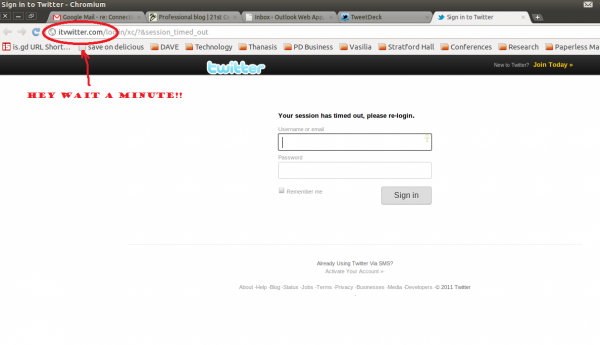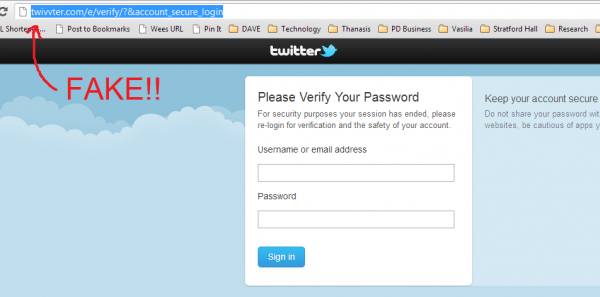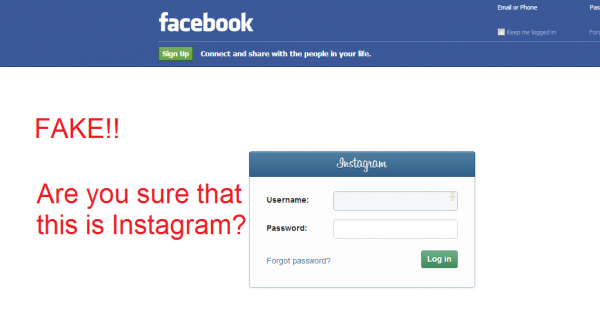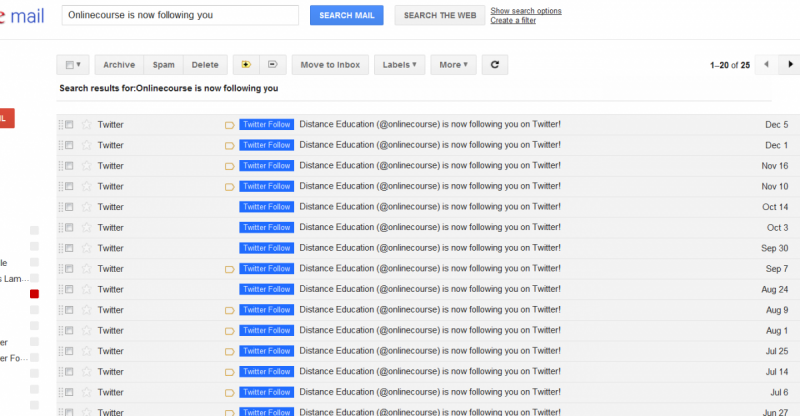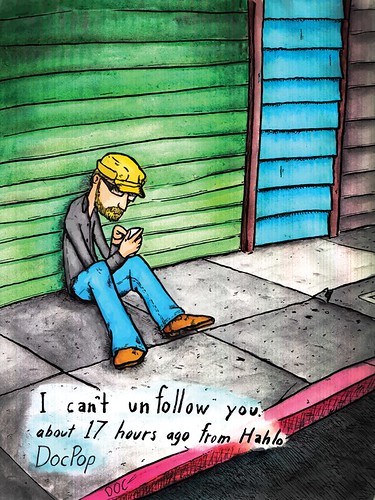We need to develop social media etiquette. Some of the conversations I have seen on Twitter have been out of control rhetoric, other tweets have just contributed to the noise, and benefitted no one. During our discussion on how to make Twitter more accessible to new people, I tweeted some "rules" that if all followed, Twitter would be a lot more accessible and usable for everyone.
Of course, these rules are just my interpretation of what should be useful, and probably need to be reworked. Also, the idea for this comes from the email charter, which I strongly recommend you make an effort to implement for yourself.
- The network is capable of only so much information. Don’t overload the network.
- Be kind to each other, and assume that tweet did not convey the message intended.
- Links are a way of sharing extra information in a conversation. Use them sparingly.
- When you see a question asked, answer it, even if your answer is to redirect the questioner to another source of information.
- The purpose of the social media is not to gain influence, it’s to communicate ideas. Don’t forget the social in social media!
- Where reasonable, give attribution to ideas that you find & your sources of information.
- Take some time to think about what you are tweeting. Is this contributing to the conversation?
- It’s okay to disagree with someone, but do it respectfully. Don’t tweet what you wouldn’t say to someone’s face.
- Be safe. Stop before you click on a link & think, does this link have a context which makes sense?
- Stop making lists of the "best people" to follow on Twitter. This is completely subjective & exclusionary.
There are other "rules of Twitter etiquette" out there. Here is a page for Twitter etiquette that @jlubinsky found and here’s another article on Twitter etiquette shared by @PivotLearning. There are also other useful resources on social media etiquette here, here, and here, as shared by @erringreg
How would you edit this list? Is it necessary?
